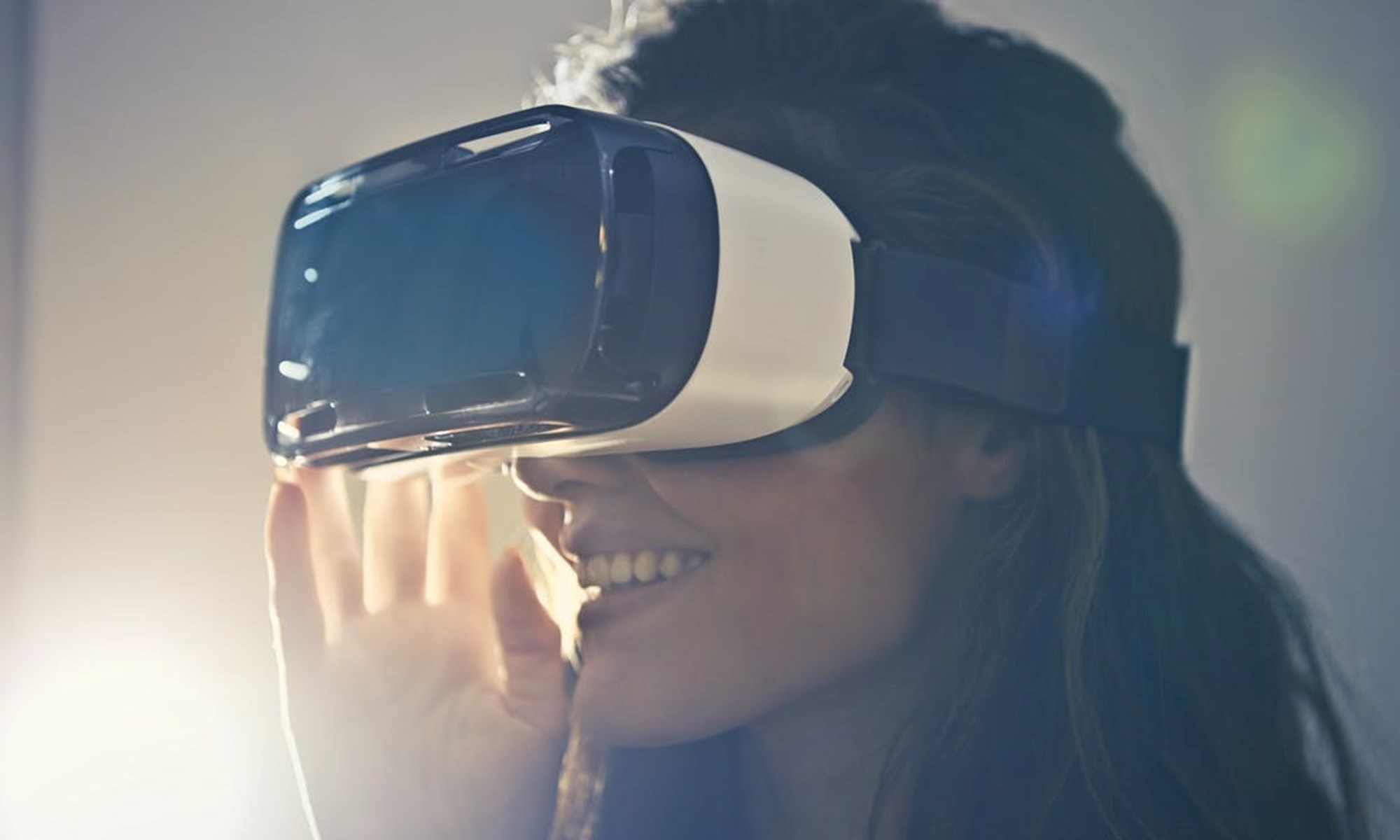How VR 2.0 provides benefits for venues and planners
06 Jan 2020

Virtual reality (VR) in the hospitality and events sector is now on version 2.0 and it’s an exciting opportunity for venues and event planners.
It’s now around five years since the first VR headsets and applications inspired so many pages of editorial, which discussed how VR was going to create major changes in the way we work.
For meeting planners who have little time, VR allows them to have multiple venue show rounds in rapid succession, all without leaving the office. It’s also beneficial for venues that are always busy or for those that are less accessible.
Now, the second generation of VR technology is providing highly flexible, captivating, showcases for venues. Its higher quality resolution and greater sophistication in 3D rendering, means that VR is in more widespread usage than ever before. Its increased flexibility ensures that headsets are no longer required.
Wyboston Lakes Resort’s VR approach
Anticipating this trend, the VR technicians at Wyboston Lakes Resort have created a range of next generation scenarios. This includes theatre style and half-moons set ups, with each one bespoke to client specifications for events.
This has led to greater savings in time and cost by eliminating the need for differing room set ups, which are often difficult to integrate around existing onsite business or live events.
The result is the ‘Dolls House Experience’, which is included in Wyboston Lakes Resort’s technology infrastructure. It provides a 3D, virtual experience throughout the venues, which allows visitors to explore the meeting spaces and conference rooms from all angles.
Client Mandy Bateman, special project manager at the DRP Group, said: “The ‘dolls house’ feature is an excellent tool and was really beneficial to our planning team, particularly on the weeks building up to our company conference when it was difficult to get all of our planning team to commit to a date that we could all attend an on-site show round.
“Instead we used the system to navigate around a 3D version of the Woodlands Centre, meaning we could plan how we would use each area without having to leave our own office.”
The ultimate goal for VR in the hospitality and events industry is to allow users and clients to manipulate the digital environment, which aims to provide a complete model of what planners want their event to look like. Venue teams will then be able to match that vision precisely, saving time and money.
Reality has taken a giant leap forward with VR 2.0.



